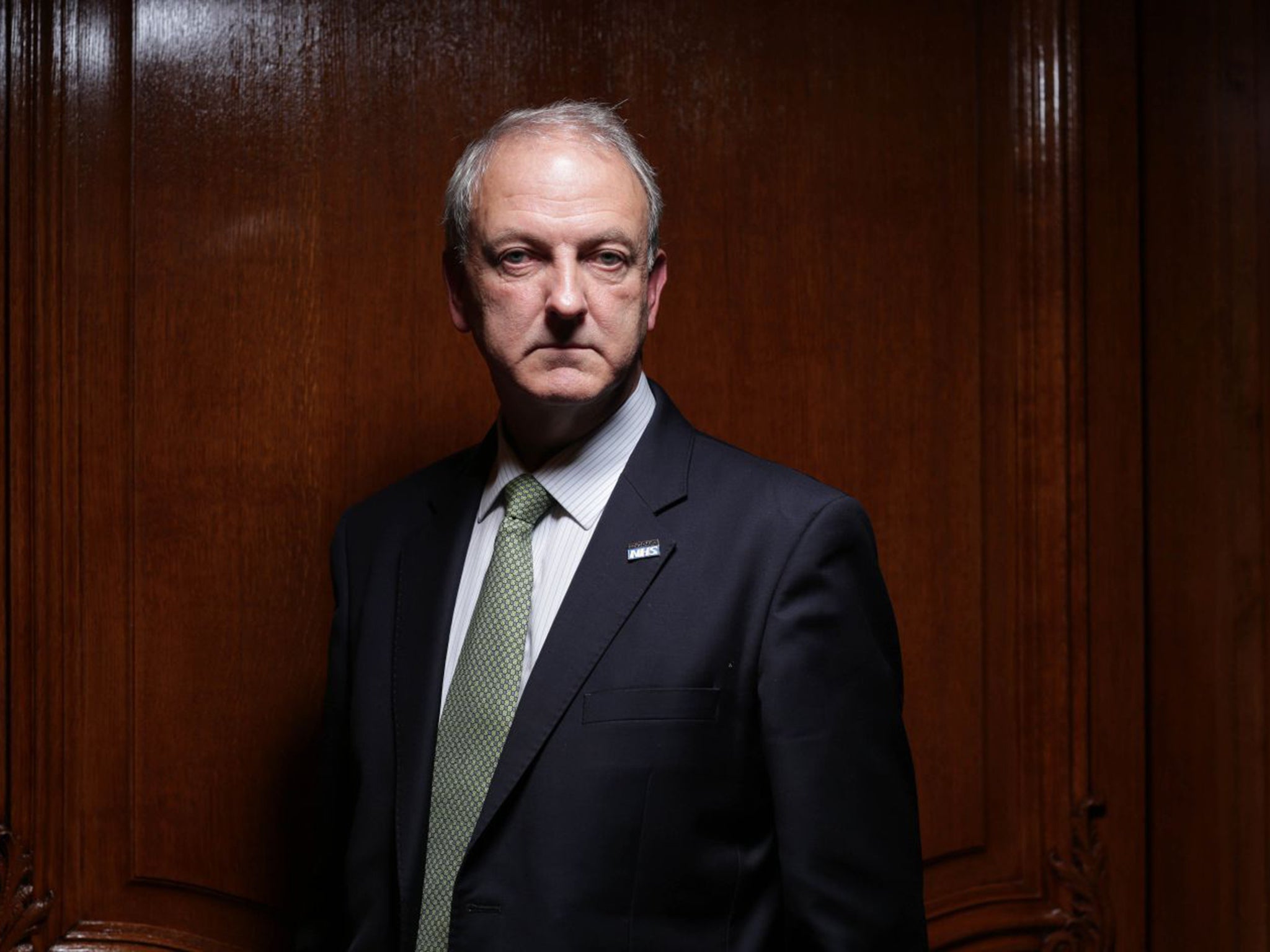Angry with junior doctors for stopping emergency care? Remember who's really destroying your NHS
From the Leveson Inquiry to the death of Ian Tomlinson, from the expenses scandal to the bailout of the banks, the British public sees a self-serving and corrupt elite holding power

Your support helps us to tell the story
From reproductive rights to climate change to Big Tech, The Independent is on the ground when the story is developing. Whether it's investigating the financials of Elon Musk's pro-Trump PAC or producing our latest documentary, 'The A Word', which shines a light on the American women fighting for reproductive rights, we know how important it is to parse out the facts from the messaging.
At such a critical moment in US history, we need reporters on the ground. Your donation allows us to keep sending journalists to speak to both sides of the story.
The Independent is trusted by Americans across the entire political spectrum. And unlike many other quality news outlets, we choose not to lock Americans out of our reporting and analysis with paywalls. We believe quality journalism should be available to everyone, paid for by those who can afford it.
Your support makes all the difference.To claim that the Panama Papers “won’t change anything” is to misunderstand how such revelations work in changing the perceptions of the electorate. Stories about the questionable behaviour of wealthy elites might not immediately produce the kind of political tumult seen in Iceland last week here in Britain, but they do produce a latent anger and frustration. Though muted, that anger doesn’t simply dissolve once the news cycle moves on. It hardens into a deeper sense of public mistrust and resentment.
In 2013, the market research organisation Britain Thinks carried out a study looking at the attitudes of swing voters. It found that the failure of government to deal with political crises led to new anger in part because voters had not forgotten the expenses scandal some years earlier. The authors of the study described the expenses scandal as "a totemic episode, reinforcing voters’ existing suspicions about their representatives." When you find proof that you've been seriously cheated, you don’t just forget about it when somebody changes the subject.
One of reasons for the extraordinary rise of political outsiders such as Jeremy Corbyn, and Ukip, is the fact that almost every major part of the British establishment has suffered some kind of institutional scandal since the financial crash of 2008. From the Leveson Inquiry to the death of Ian Tomlinson, from the expenses scandal to the bailout of the banks, the British public see fragments of the British elite as self-serving and corrupt.
Sir Bruce Keogh’s remarks about the dispute between junior doctors and the government remind us of this fact. Doctors are considering withdrawing emergency cover, which, according to Sir Bruce, “risks crossing a line, which will irreparably damage [trust] and the reputation of our profession.”
But that isn't the whole story. It’s true that there may be anger with junior doctors in the short term. In the long term, however, the public is more likely to mistrust the competence of a government that allowed the NHS to descend into chaos, an organisation beset by overworked, demoralised staff and threatened with brain drain.
If the government is seen to fail in its fundamental duty to provide adequate healthcare, while simultaneously being embroiled in a scandal around tax havens, it risks being regarded, as the journalist Paul Mason observed, “a committee for managing the affairs of the super-rich”.
This weekend I attended a protest in central London, calling for David Cameron to close tax loopholes or resign. Of course the usual left wing campaigners were in attendance, but there were also a very large number of unaffiliated young people present. These protesters, whose irreverent banners spelled out internet memes (“we all come from the internet,” read one), are a reminder that those people who are not part of any formal political institution are now feeling a generalised anger about the way power works in Britain.
In an interview with Novara Media, one young protester said: “I’m angry that I don’t have a voice, I’m angry that I’m getting poorer and they’re getting richer. ” The protest was wittier, more sprawling and less organised than a traditional anti-austerity march, perhaps reflecting how the membership of those demonstrations is changing too.
All this unfocused anger is also making itself known in the EU referendum. Politicians have expediently been using migrants as bogey men for decades; now many voters are starting to wonder why significant action isn't being taken against a group that they have been told is dangerous to their standard of living. This has led some to view political leaders as ineffectual and out of touch.
So who is to blame for that decline in living standards, a politically disenfranchised electorate and public services stretched to breaking point? And what can be done to resolve these problems? These are the questions politicians and campaigners need to ask themselves in the wake of the Panama Papers.
As the writer James Butler puts it, "political scandals are not given, they are made." A political scandal will be made from the Panama Papers - the question is who makes it.
Join our commenting forum
Join thought-provoking conversations, follow other Independent readers and see their replies
Comments